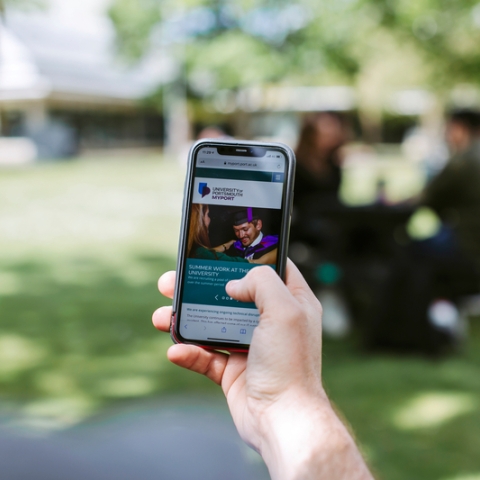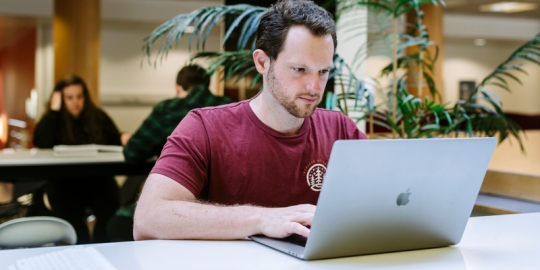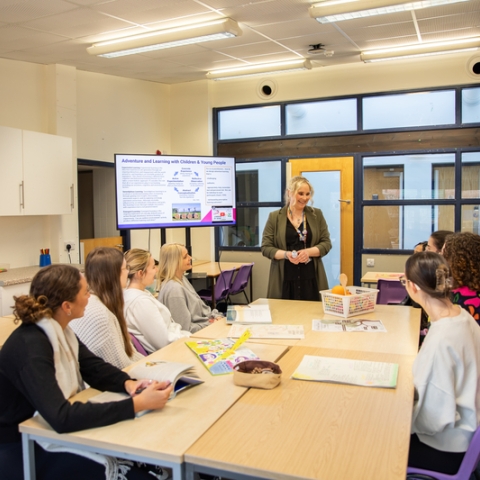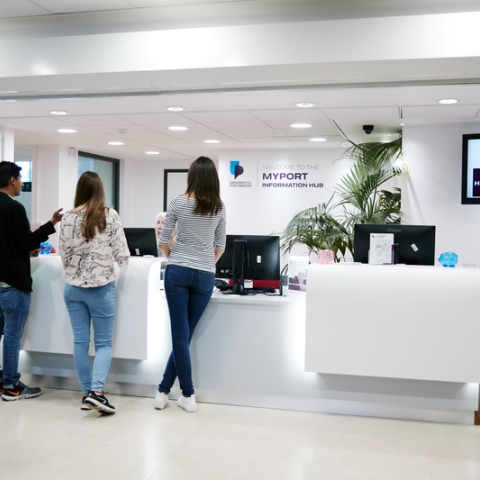Manage my course
Latest news
Welcome to Portsmouth
All you need to get started whether you're just starting at Portsmouth or returning.
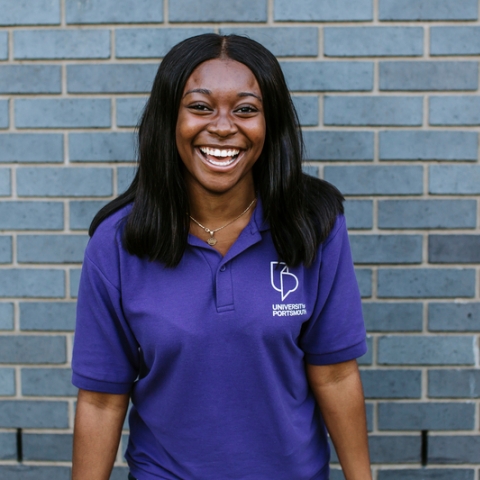
Key Dates
Including the dates of teaching blocks, holiday breaks and graduation ceremonies.

Search the MyPort article hub
Search hundreds of helpful articles and get answers to questions you might have.
